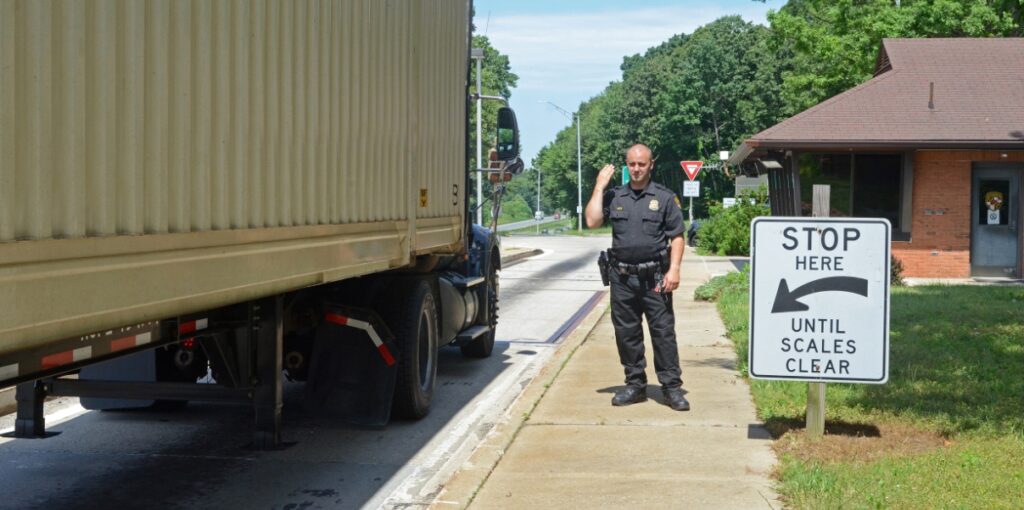With the new ELD mandate going into effect in less than a year, trucking companies will be dealing with a very different regulatory landscape. All interstate motor carriers will be required to have their trucks equipped with electronic logging devices by December, and truck drivers will have to switch over to electronic logbooks for their HOS logs.
While the mandate has the potential to force some small carriers out of business — possibly leading to higher freight rates, if capacity tightens — there are several other proposed rules and regulations could also have major impacts on the trucking industry in 2017.

Here are 5 new regulations that could affect truckers and carriers the most.
ELD Mandate
Any truck driver who’s required to track Hours of Service must do so with an electronic logging device (ELD) by December 16. Some shippers may require the carriers they work with to make the change earlier than that. (According to the FMCSA site: “Drivers of vehicles manufactured before 2000” are exempt from the mandate, though there’s some confusion as to whether the exemption will be based on manufacture date or model year.)
More info
Hours of Service
Some portions of the HOS rules that were introduced in July 2013 were lifted again in 2014. The 2013 rules required 34-hour restarts to include two stretches between 1:00 AM and 5:00 AM, and the restart could be used only once per seven days. Those provisions were suspended, and a study by the FMCSA and Virginia Tech University on the rules’ safety impact will determine whether or not that suspension is permanent. According to Overdrive Online, the report is “under departmental review.”
More info
MC Numbers
The Unified Registration System (URS) was scheduled to be fully implemented by January 14, but the FMCSA announced that it’s been delayed. Again. We should learn the new date sometime soon. Once it’s in place, the URS will replace the FMCSA’s old registration system for operating authority, and going forward, all carriers, brokers, and freight forwarders will be identified solely by a DOT number instead of an MC, FF, or MX number.
More info
Speed Limiters
The public comment period closed last month on a proposed rule that would require speed limiters on vehicles that weigh more than 26,000 lbs. The FMCSA hasn’t suggested what the top speed on the limiters would be. A large segment of those who participated in the public comment period argued against speed limiters, although some large carriers supported a 65 mph limit.
More info
Overtime Pay
New overtime rules were set to take effect last month, but a lawsuit filed in October by 21 states put the rules on hold. Current law says that any salaried employee making more than $23,660 per year is exempt from overtime pay. The new rules, if implemented, would push that limit up to $47,476 per year. It also would allow for 10% of commission or bonus pay to be counted toward the employee’s total compensation, but only if paid at least quarterly. Most drivers are paid by the mile, but dispatchers, salespeople, and other salaried employees could be affected.
More info
Need helping keeping your trucking company compliant with the new rules? Contact our Fleet Services team.


